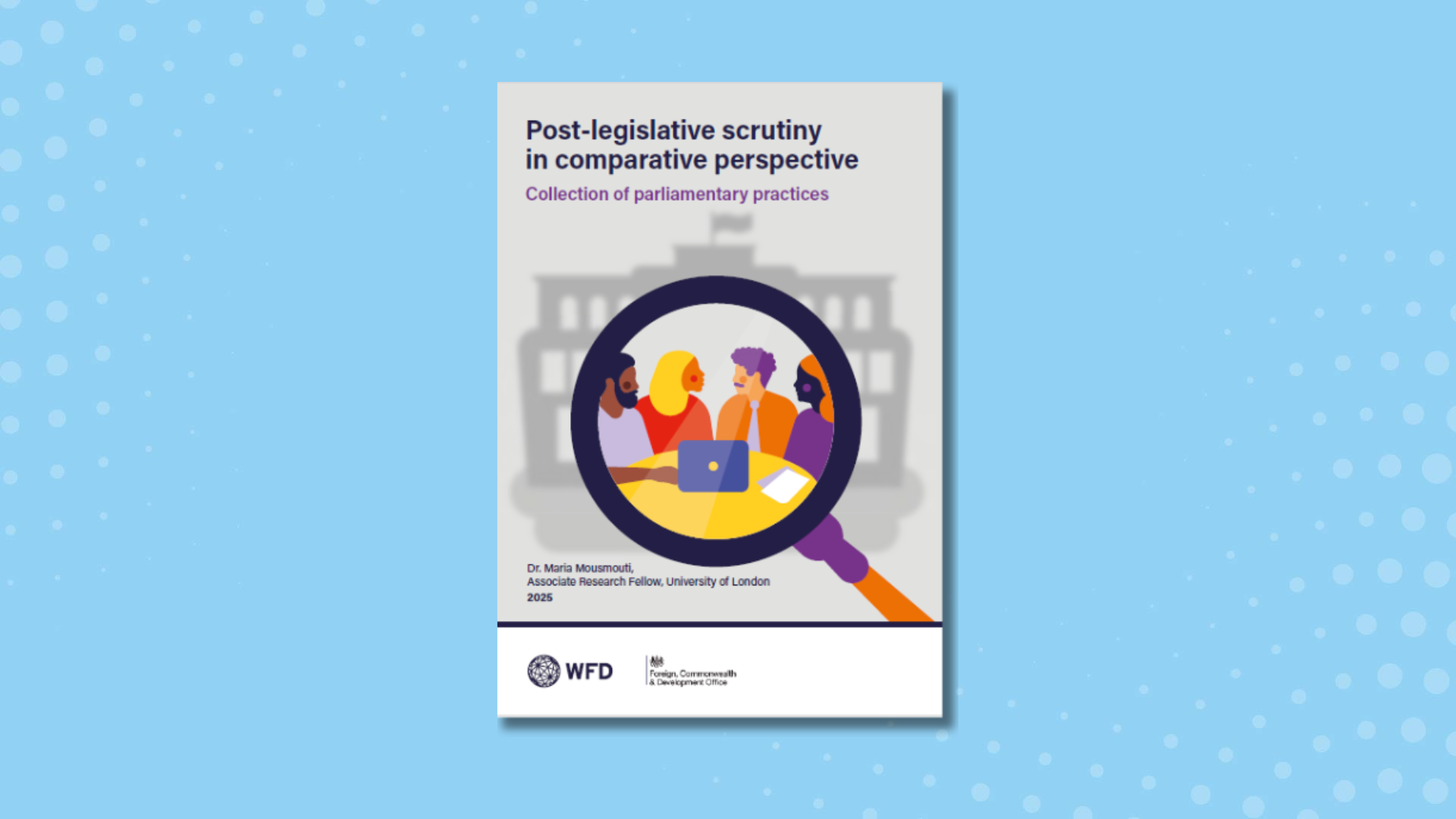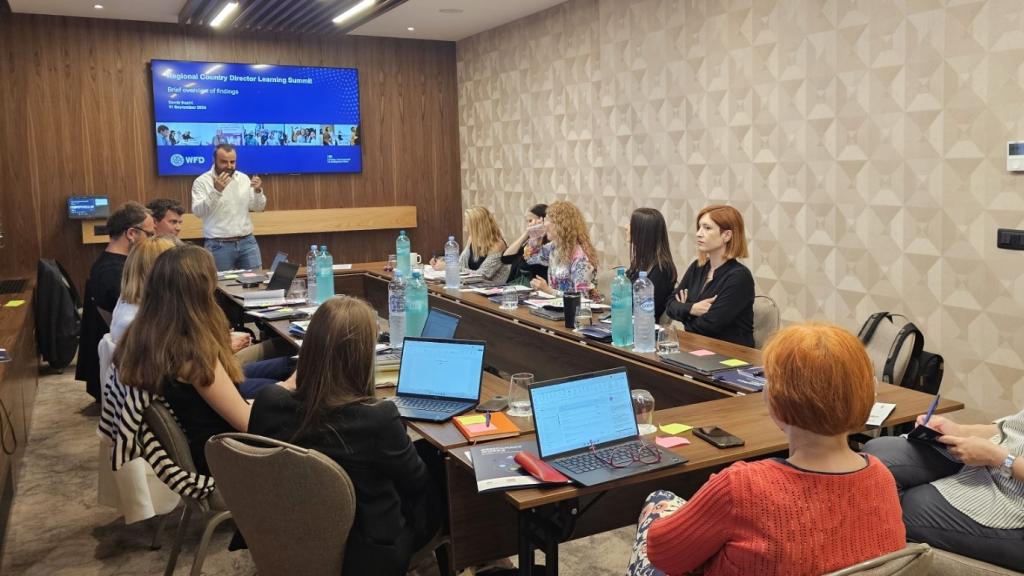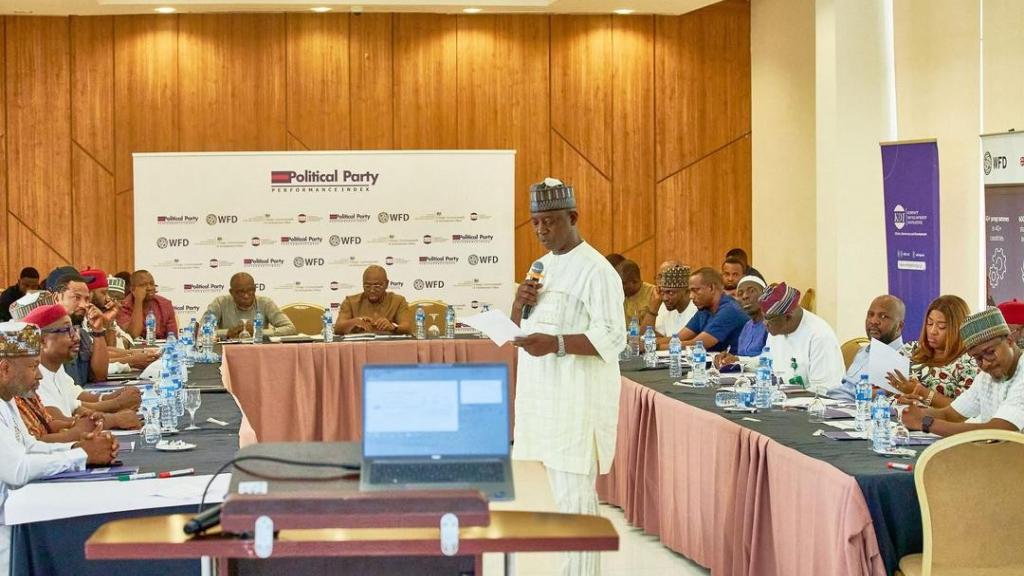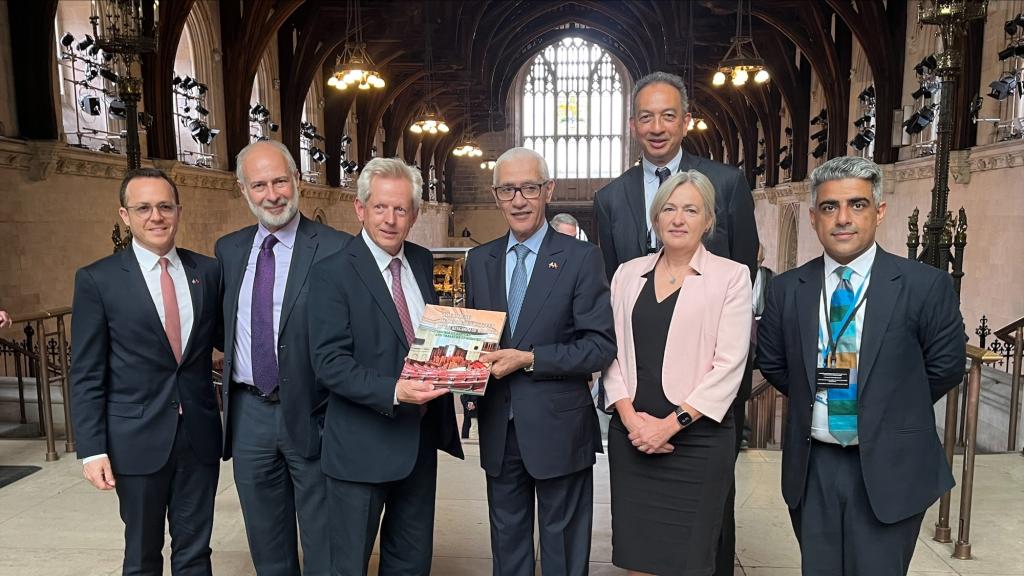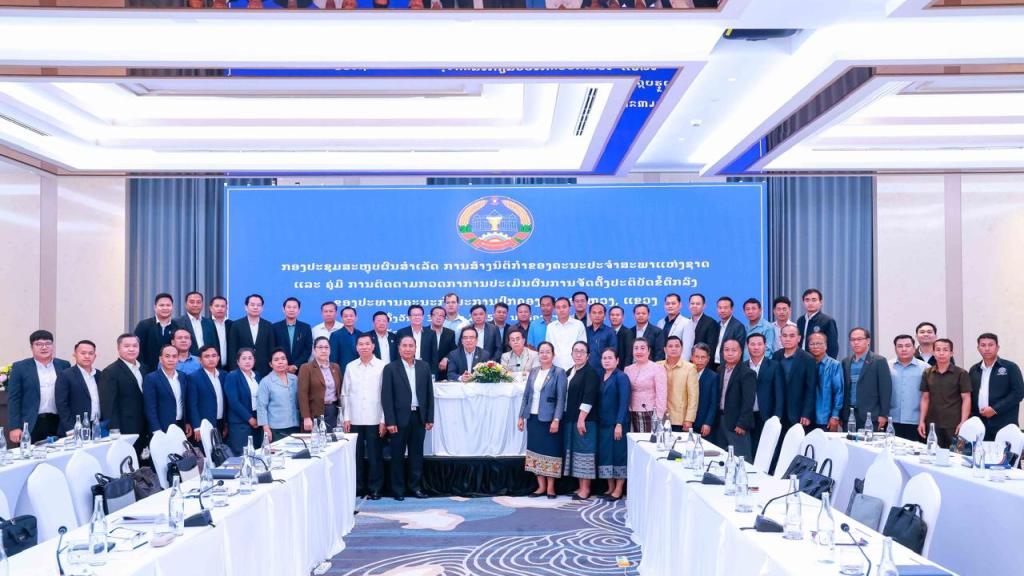Post-legislative scrutiny (PLS) is a systematic and structured process through which parliaments review the implementation and impact of legislation. It is a tool that allows parliaments to get a holistic view of the operation and impact of legislation, understand what worked well and what did not, and identify the best way forward in ensuring that legislation has the impact as intended.
In its narrow sense, PLS looks at the implementation of the law, including whether all legislative provisions have been brought into force, their interpretation by courts and how legal practitioners and citizens have used them. In a broader sense, PLS looks at the effectiveness and impact of legislation, namely whether the intended objectives of the law have been met and how effectively.
Post-legislative scrutiny can be undertaken in a wide variety of ways and there is no single blueprint for it in parliamentary settings. Parliaments do things differently and practice confirms that there are many ways to conduct an effective PLS.
The analysis aims to record different practices as a way to enable parliaments around the world to get inspiration and to make informed choices on how to initiate and/or strengthen ex-post legislative impact assessments and strengthen the legislative and oversight roles of parliaments.
Methodology
This paper focuses on structures, methods, practices and approaches to operationalising PLS inquiries in a parliamentary setting.
While comparison in the strict sense is not possible, this paper identifies practices from different parliaments that conduct PLS and identifies strengths and weaknesses of these options.
Data and information is sourced through websites of parliaments and through assessment reports on the use of indicators for PLS. Data is also collected from
contributions of experts and practitioners to the Legislative Drafting Clinic and the IALS WFD Advanced Course in Post-Legislative Scrutiny.
The analysis is structured around the key dilemmas on PLS (who, when and how) and the key themes identified in WFD's 11 steps for organising PLS in parliament.
